Categorization skills Numbers Worksheets for Ages 6-8
5 filtered results
-
From - To
Our "Categorization Skills Numbers Worksheets for Ages 6-8" are designed to foster critical thinking and numerical proficiency in young learners. These engaging worksheets help children recognize, categorize, and organize numbers, laying a strong foundation for advanced mathematical concepts. Suitable for kids aged 6-8, each activity provides a fun yet educational approach to enhance their counting, sorting, and analytical skills. Perfect for home or classroom use, these printables support curriculum goals and inspire a love of math. Boost your child's confidence and competence in numbers through our thoughtfully crafted categorization exercises.
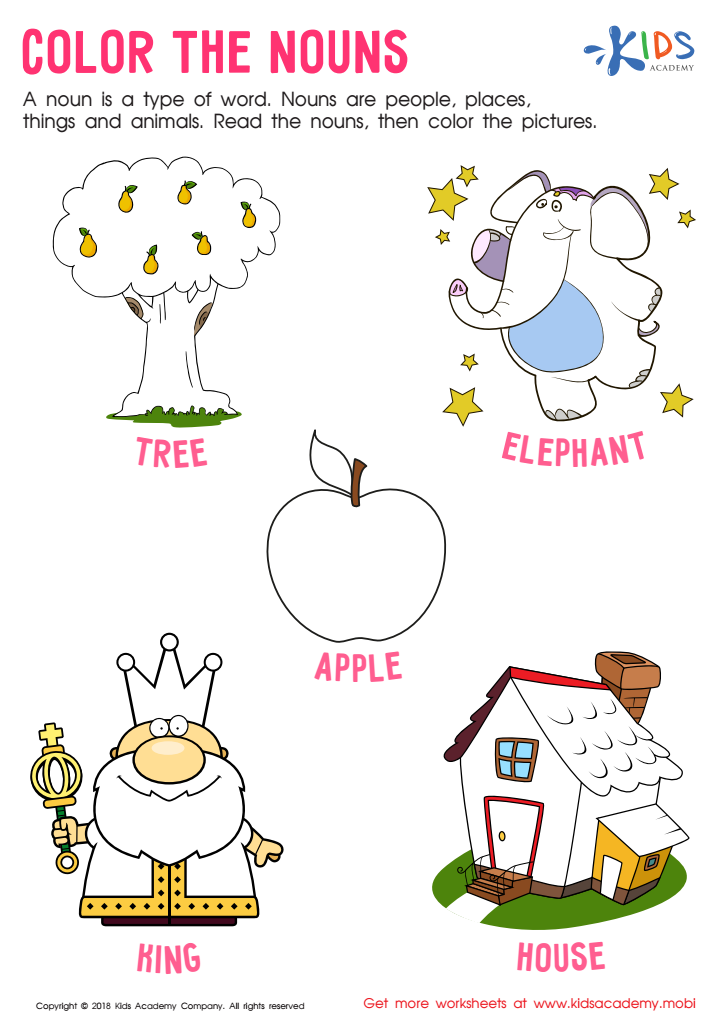

Color the Nouns Worksheet
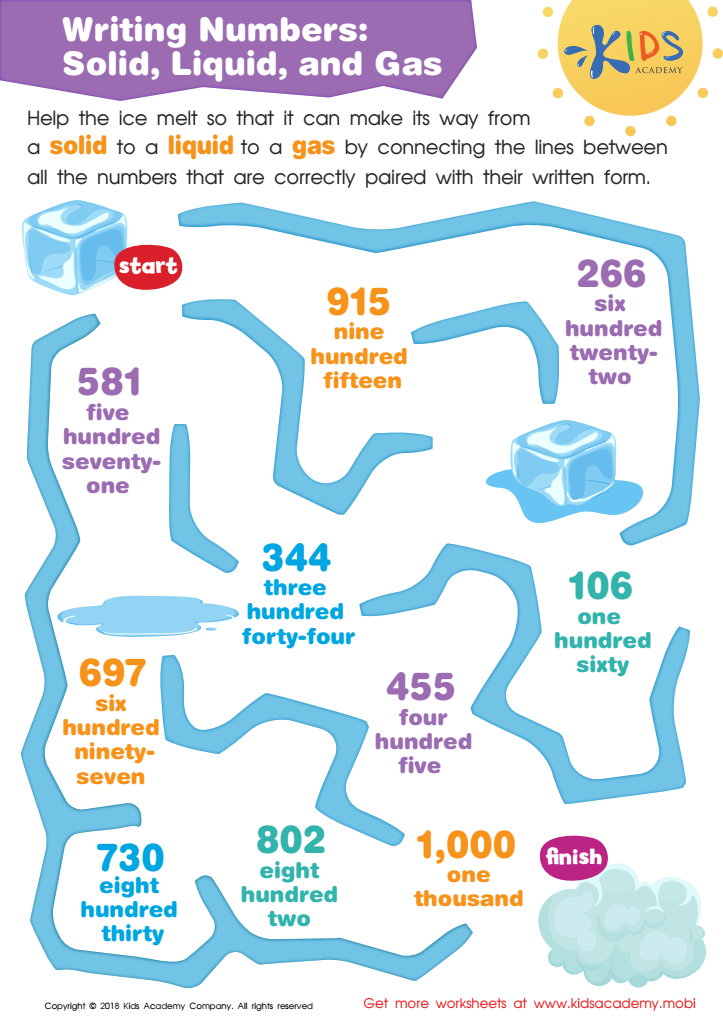

Solid, Liquid, and Gas Writing Numbers Worksheet
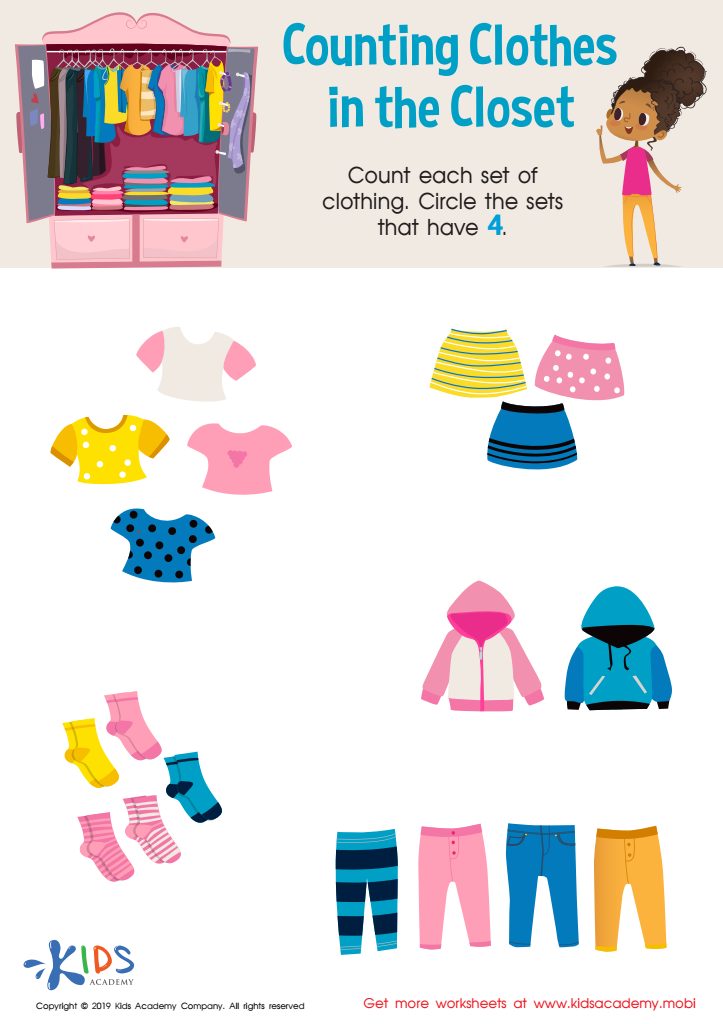

Counting Clothes Worksheet
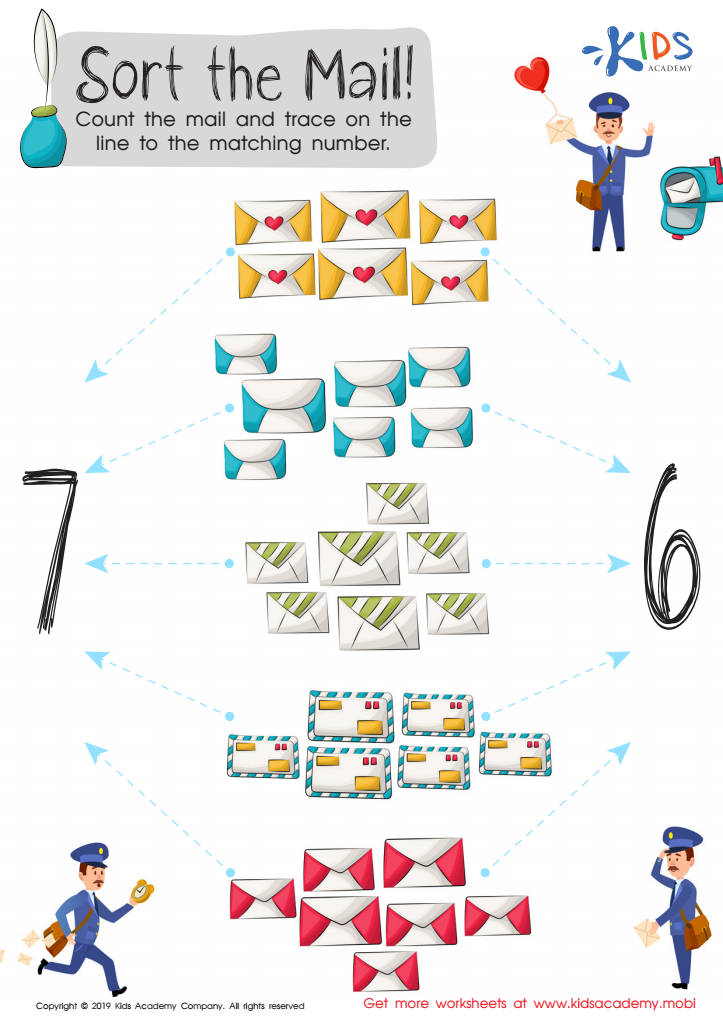

Sort the Mail Worksheet
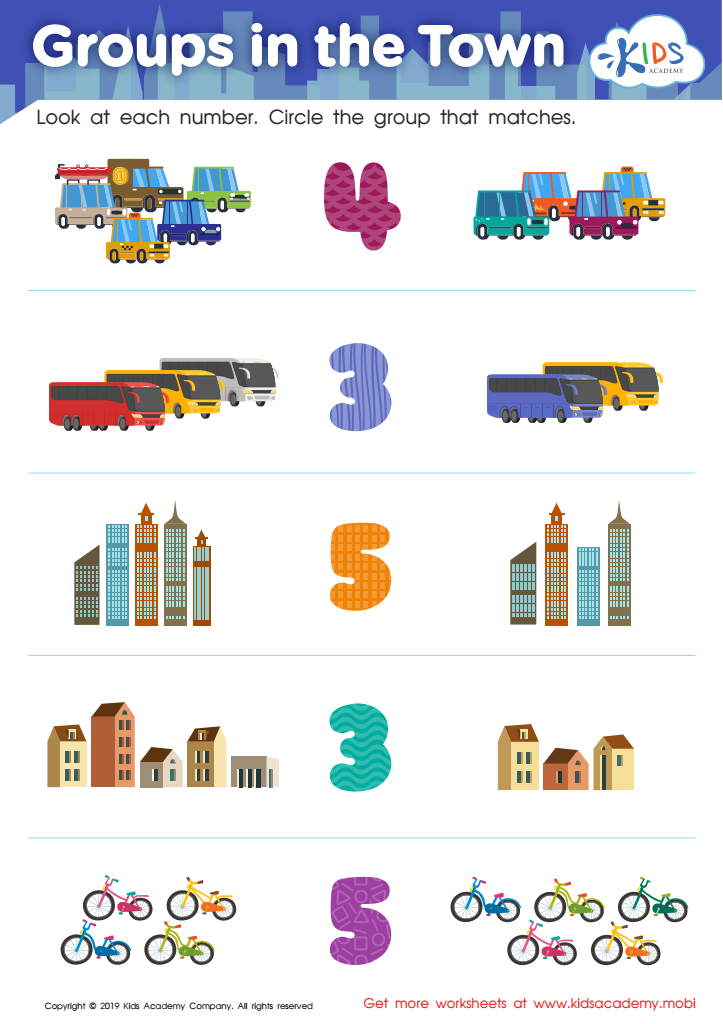

Groups in the Town Worksheet
Categorization and number skills are essential components of cognitive development for children aged 6-8, as they lay the foundation for advanced learning and problem-solving abilities. Mastering these skills is crucial because they help children make sense of the world and organize information more efficiently.
Categorization is the ability to group objects, ideas, or information based on common characteristics. This skill helps children improve their memory, enhance their understanding of different concepts, and develop critical thinking skills. For example, categorizing animals by habitat or foods by type teaches children to recognize patterns and relationships, which are essential for science and language arts.
On the other hand, number skills are fundamental for academic success and daily life activities. This age group transitions from basic counting to understanding more complex concepts such as addition, subtraction, and the place value system. These skills are prerequisites for higher mathematical concepts and problem-solving techniques. Understanding numbers and their relationships also fosters logical reasoning and enhances the ability to approach and solve problems effectively.
By nurturing categorization and number skills, parents and teachers provide children with tools that encourage analytical thinking, better decision-making, and the ability to connect learned concepts, which are indispensable in their academic and personal growth.
 Assign to My Students
Assign to My Students
















